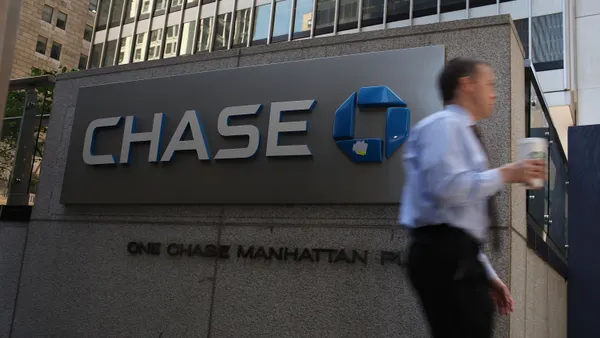Green Dot has been hit with a proposed consent order from the Federal Reserve stemming from compliance risk management issues predating the company’s current management, the fintech said Tuesday in its earnings report.
The digital bank set aside an “estimated liability” of $20 million in 2023’s fourth quarter to cover the proposed consent order, the company said but added that the “estimate of the aggregate range of reasonably possible losses” could total $50 million.
“We are confident in our financial and regulatory positions and do not expect this to impact our ability to operate and serve our customers and partners on an ongoing basis,” Green Dot CEO George Gresham said in a statement. “The regulatory environment is continuously evolving, and we are committed to partnering and fully cooperating with our regulators to ensure our products are designed and marketed in ways that put our customers’ best interests at the forefront.”
Green Dot’s current team has taken care to “heavily invest” in compliance, but that the regulatory environment has posed challenges for banks and banking-as-a-service providers, William Blair analysts wrote in a Wednesday note to investors.
“Importantly, management does not anticipate incremental operational restrictions on business, but the potential settlement and uncertainty will likely linger and may serve as a distraction,” analysts wrote. “While the consent order may prove as a distraction, after years of focusing on improving internal operations and the technology stack, we believe Green Dot is pivoting its focus to growth.”
Green Dot is still in discussions with the Fed on the proposed consent order, the company said.
Spokespeople for the Fed and Green Dot had no further comment.
The “activities and practices” covered in the proposed consent order began ahead of a CEO transition in 2020, when the company’s founder, Steve Streit, was still at the helm. Gresham took Green Dot’s top role in 2022, and the company’s current chief revenue officer, operations officer and CFO were elevated to their current roles shortly thereafter.













